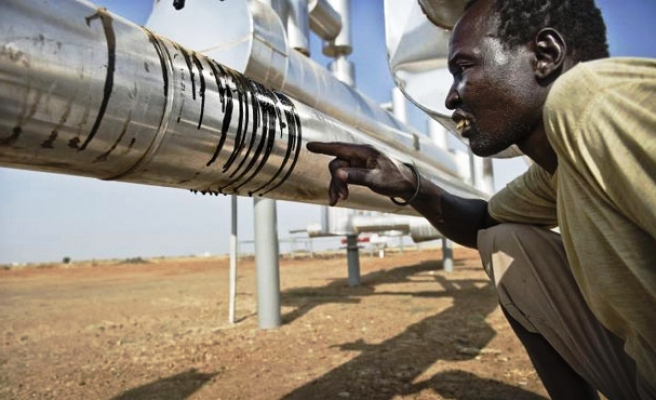South Sudan continued harmful oil pre-sale practice: UN panel

February 26, 2020 (JUBA) – South Sudan continued to obtain loans guaranteed by future oil sales despite the recommendation by the international financial institutions to stop it due to its negative impact on the country’s external public debt.
On 12 June 2019, President Salva Kiir removed Oil Minister Ezekiel Lol Gatkuoth without elaborating on his sack. However, he instructed the new oil minister Awow Daniel Chuanghe to not demand or accept oil advances before the actual sale of oil production to the international market.
In a report to the UN Security Council dated on November 22, 2019, but released this week a panel of UN experts pointed to the continued lack of transparency in the oil sector in South Sudan.
“The Ministry of Petroleum has not ended the practice of pre-sale financing arrangements for South Sudanese oil, despite the recommendations of the International Monetary Fund,” they said in their report.
“Mr Kiir opened a high-level inquiry into the crude oil pre-sale process, in line with the provisions of the Revitalized Agreement on the Resolution of the Conflict in South Sudan. However, the findings of the investigation have not been released,” stressed the report.
The experts were not able to verify the financial liabilities of the Government related to oil advances, cargoes and repayment terms, according to the report.
Also; the panel member further said they had been unable to verify the financial liabilities of the Government related to oil advances, cargoes and repayment terms because the Government has not released current data on oil sales or published its marketing report, in accordance with the stipulations in the Agreement on transparency and accountability.
Thanks to the rapid rehabilitation of oil fields in the former Unity State, South Sudan’s oil production reached 175,000 barrels per day in September 2019, approximately 35 per cent higher than the output in September 2018.
The war-ravaged country is expected to produce close to 200,000 barrels per day in 2020.
(ST)
